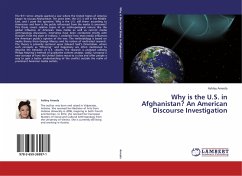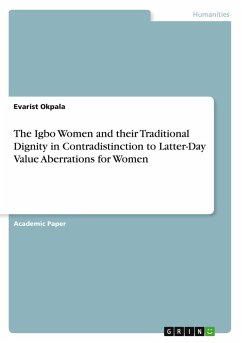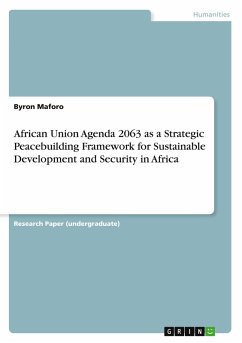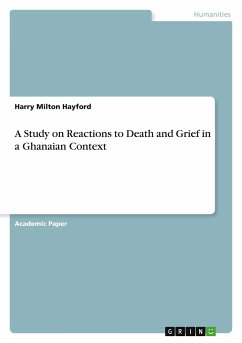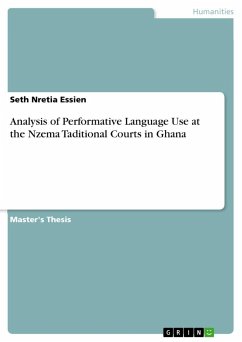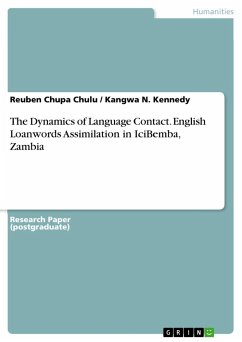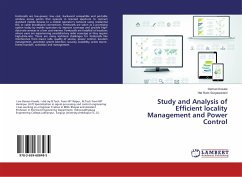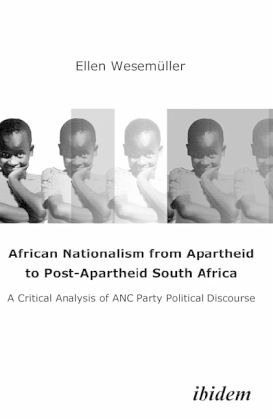
African Nationalism from Apartheid to Post-Apart - A Critical Analysis of ANC Party Political Discourse
A critical analysis of ANC Party Political Discourse
Versandkostenfrei!
Versandfertig in 6-10 Tagen
27,90 €
inkl. MwSt.

PAYBACK Punkte
0 °P sammeln!
With the help of discourse analysis and ideology critique, this study establishes a theoretical framework to analyse African nationalism in apartheid and post-apartheid South Africa. Following the constructivist school of thought, the study adopts the assumption that nations are"imagined communities"which are built on"invented traditions". It shows that historically and analytically, there are two distinct concepts of nationalism:"constitutional"and"ethnic"nationalism. These concepts can be retraced in South Africa where they form the central antagonism of black political thought. The study of...
With the help of discourse analysis and ideology critique, this study establishes a theoretical framework to analyse African nationalism in apartheid and post-apartheid South Africa. Following the constructivist school of thought, the study adopts the assumption that nations are"imagined communities"which are built on"invented traditions". It shows that historically and analytically, there are two distinct concepts of nationalism:"constitutional"and"ethnic"nationalism. These concepts can be retraced in South Africa where they form the central antagonism of black political thought. The study of post-apartheid African nationalism is placed in its historical perspective by focusing on the major milestones of African National Congress'discourse before and during apartheid. It demonstrates that throughout its history, the ANC was characterized by the rivalry between concepts of"constitutional"and"ethnic"nationalism. While the former concept found its counterpart in Charterism, the latter was adopted by African nationalism. Though the ANC in its majority embraced Charterism, it continually played with the appeal of an exclusive, racial nationalism. The theoretical and historical contextualisation of the study allows for the investigation of the various dimensions of current ANC discourse on African nationalism. The study analyses different concepts of nationalism employed by the ANC and compares these models to those discussed in academic literature. It finds that in post-apartheid South Africa, the historical dichotomy of Africanist and Charterist nationalism persists within the ANC. While early concepts of nationalism like Mandela's"rainbow nation"and Mbeki's"I am an African"paid tribute to Charterism, the discourses on the"African Renaissance"and Mbeki's "two-nation"address at least leave openings for Africanist interpretations.




